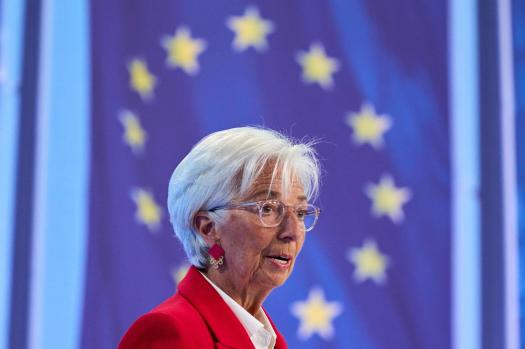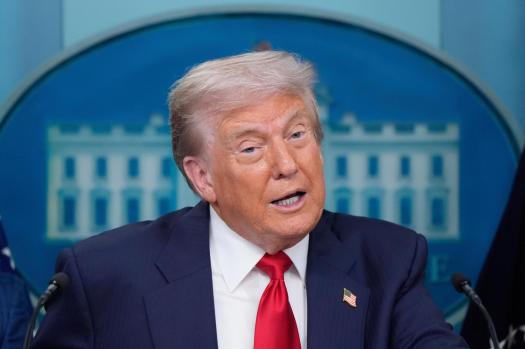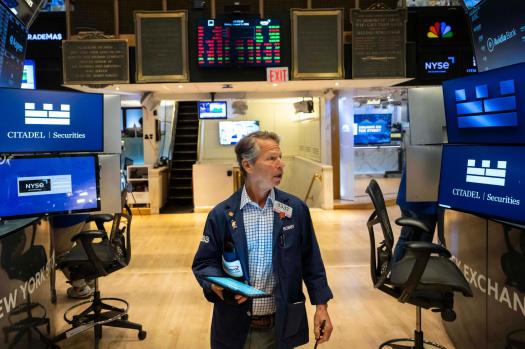Written by David McHuGH
Germany’s Frankfurt (AP) According to the head of the European Central Bank, shocks like the COVID-19 epidemic and Russia’s invasion of Ukraine have made inflation more unexpected. As a result, policymakers must consider the likelihood of such extreme events and inform the public of them.
Related Articles
-
US brings charges in North Korean remote worker scheme that officials say funds weapons program
-
Trump is expected to sign an executive order ending US sanctions on Syria
-
US skips global UN meeting aimed at raising trillions to combat poverty
-
Survivor of Israel s attack on Iran s Evin prison describes a slow death after 12-day war
-
74 killed in Gaza as Israeli forces strike a cafe and fire on people seeking food
ECB President Christine Lagarde stated Monday in a speech kicking off the central bank’s annual conference in Sintra, Portugal, that the future is more uncertain and that this uncertainty is likely to make inflation more unpredictable. It’s quite simple, but that’s the way things are.
According to her, one reason was that businesses were changing their prices more frequently due to increasingly frequent supply disruptions. This practice extends beyond the recent spike in inflation in the US and Europe and represents a structural change in how businesses function in environments of perpetually higher uncertainty.
According to her, the bank’s evaluation of the economy must consider both the more likely baseline forecasts and the most severe possibilities, and it should also inform the public of those potential results. Lagarde specifically mentioned the jump in inflation that followed Russia’s inflation of Ukraine, where a worst-case scenario showed inflation of above 7%, which was considerably closer to the final figure of 8%, while a baseline scenario based on rising oil costs suggested inflation for 2022 of 5.5%.
Another instance was during the pandemic, when consumers who were confined to their homes began to spend more on products like home workout equipment rather than services like dining out.
According to Lagarde, scenario research could have lessened the chance of giving the public a false sense of assurance by demonstrating that the range of potential inflation outcomes was abnormally broad.
The bank’s strategy review, which was released on Monday, reiterated its 2% inflation objective, which it has temporarily achieved given that May’s annual price rises were 1.9%. The bank was able to lower its benchmark interest rate from a peak of 4% to 2% due to the decline in inflation.
President Donald Trump of the United States has increased uncertainty on the outlook for inflation and growth by threatening to impose heavier tariffs. Negotiators from the US and the European Commission are attempting to come to a trade agreement before the deadline of July 9.
The Sintra conference, which brings together leading central bankers and economists from around the globe, is the European Central Bank’s counterpart to the U.S. Federal Reserve meeting in Jackson Hole, Wyoming. Alongside Lagarde, Bank of England Governor Andrew Bailey, Bank of Korea Governor Chang Yong Rhee, and Bank of Japan Governor Kazuo Ueda, Fed Chair Jerome Powell will participate in a panel on Tuesday.












